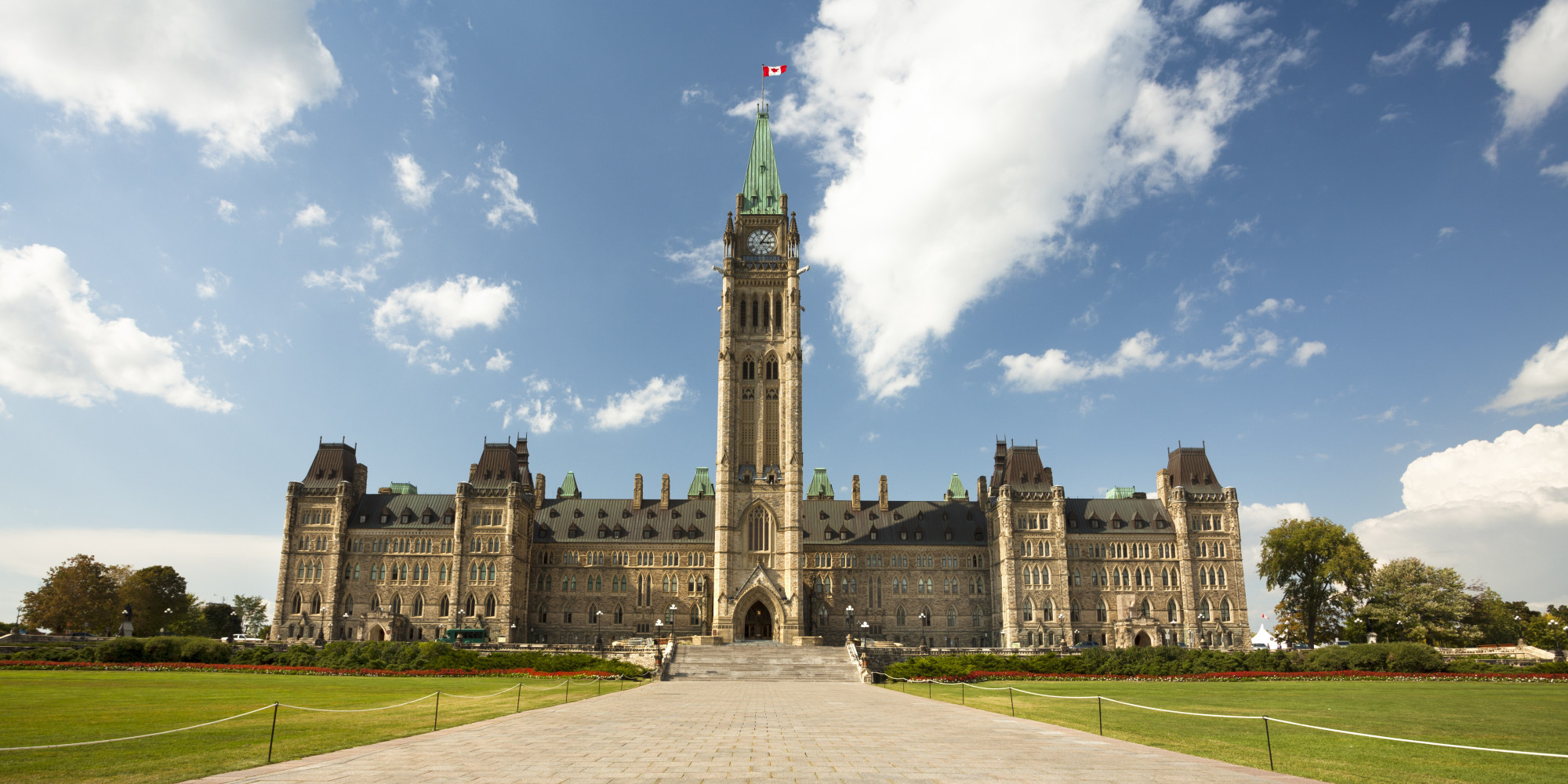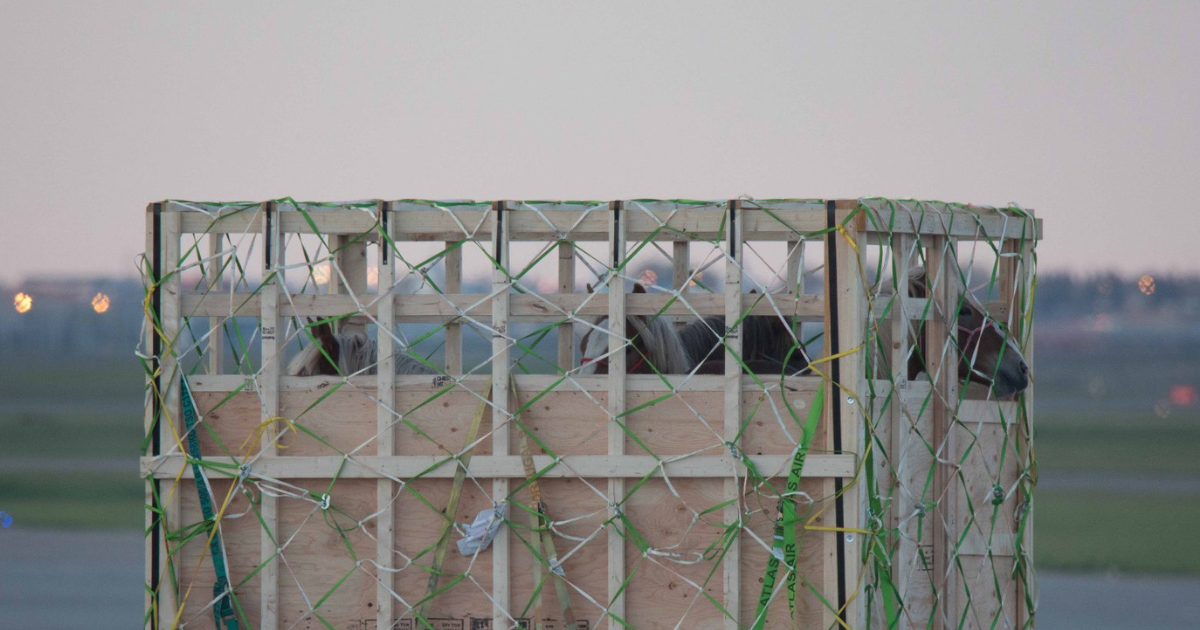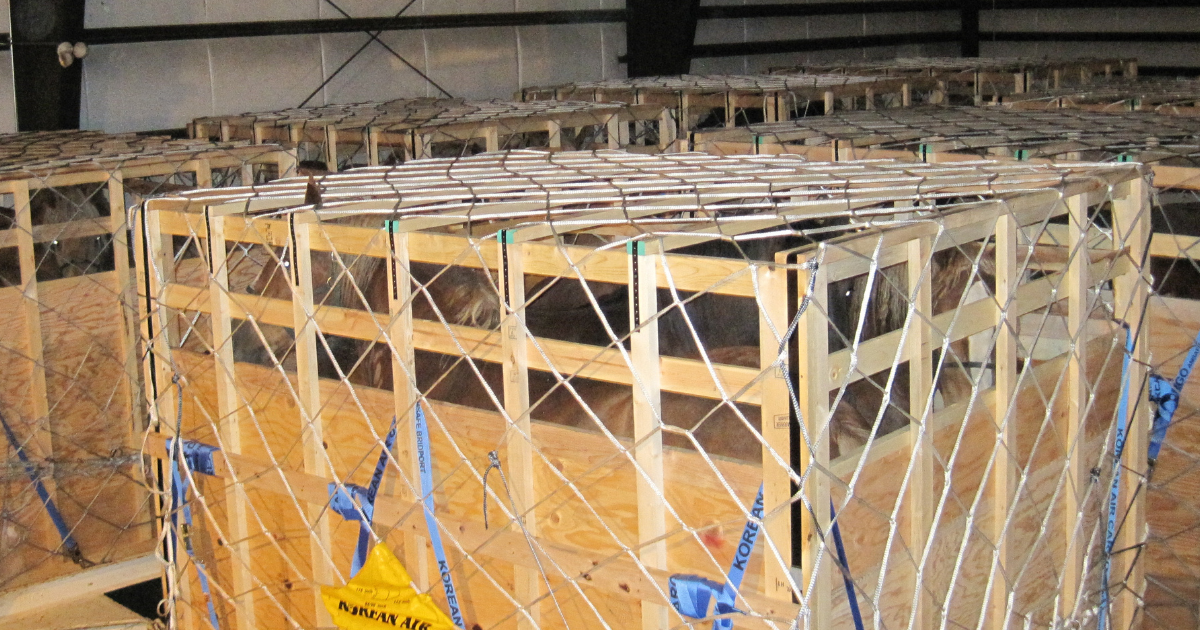As the dust settles on the long and hard-fought Canadian federal election of 2015, it’s a good time to take a closer look at what the results mean for animal protection in Canada. After all, while animal issues often get little airtime during elections, public opinion surveys consistently show that Canadians strongly support decisive legislative action to improve life for animals, including stronger criminal anti-cruelty measures, saving endangered species, and protecting farmed animals from suffering.
Will Parliament finally live up to Canadians’ expectations and make positive change for animals? Will MPs be willing to push for stronger animal protection? Is the Liberal government prepared to take animal issues seriously? The verdict on is still out, but the election result offers reason for cautious optimism.
For starters, many animal-friendly MPs were elected last week, thanks in part to the efforts of animal advocacy groups that endorsed candidates and helped them win. Humane Voters Canada, a project of Animal Justice Canada Legislative Fund, endorsed eight candidates based on their strong records and commitment to protecting animals, and then campaigned to help send them to Ottawa. On election day, voters elected nearly all of them to Parliament. The International Fund for Animal Welfare also endorsed animal-friendly candidates, and most of them were elected, too. Elected animal champions include Liberal MPs Mark Holland and Hedy Fry, both of whom have championed multiple bills to reform the Criminal Code animal protections; Green Party leader Elizabeth May, who has worked to oppose cetacean captivity and sealing subsidies, and whose party has strong animal policies; first-time Liberal MP Nathaniel Erskine-Smith, who is committed to protecting farmed animals; NDP MP Fin Donnelly, who has worked to ban shark fin imports; NDP MP Don Davies, who has worked to stop whale meat shipments through Canada; and NDP MP Brian Masse, who has worked to bring in labelling laws for cat and dog fur. Others, like NDP MPs Irene Mathyssen and Peter Julian, and Liberal MP Kirsty Duncan have also been strong voices for animals.
But endorsements don’t tell the entire story, as countless other elected MPs from all political parties have made it clear they will support animal protection measures in Parliament, such as new Liberal MP Will Amos. The conditions are ideal for supportive MPs to form a strong, cross-party caucus of MPs that will work to advance legislation protecting animals. An all-party Animal Protection Caucus would be a huge step forward, and would provide much-needed counterweight to the Conservative Hunting & Angling Caucus.
As for the new Liberal majority government, Prime Minister elect Justin Trudeau now has very broad latitude to implement his legislative agenda, and if that agenda includes any measures on behalf of animals, they should pass easily. The Liberals have historically supported some animal protection measures, including a years-long (yet ultimately unsuccessful) effort in the late 90s and early 2000s to reform the animal cruelty provisions in the Criminal Code. On the flip side, they have also supported the seal hunt, although many individual Liberal MPs would like to see it end.
Mr. Trudeau’s personal views on animal protection matters are less well-known, although under his leadership the Liberal Party did support a 2014 NDP private member’s bill that would have imposed some limits on horse slaughter, and Liberal MPs voted to ban shark fin imports in 2013.
On another positive note, Trudeau has promised to hold more free votes on legislation, meaning that Liberal MPs will be allowed to vote the way their constituents wish, and need not necessarily vote to support the Liberal Party’s agenda. This means that if an MP from another party proposes a bill related to animal protection, Liberal MPs are free to support it if they choose to do so. Trudeau has also promised to do away with Canada’s outdated first-past-the-post voting system, and a new, proportional system would undoubtedly help send even more animal-friendly MPs to Parliament.
Finally, one small yet important change that Trudeau can make would be simply improving the tone of the Canadian government toward animal issues. Under the Conservative regime, the government was openly hostile toward animal advocates. Former Environment Minister Leona Aglukkaq and Conservative MP Robert Sopuck went so far as to to denounce animal advocates on the floor of the House of Commons as “radicals” after the RCMP chose to end the use of muskrat fur hats in uniforms. Ms. Aglukkaq lost her seat last week, along with former Fisheries Minister Gail Shea, another opponent of helping animals.
The situation for animals in Canada remains dire, with hundreds of millions of animals suffering and dying every year on farms, in laboratories, in entertainment, and for their fur. Parliament has a tremendous opportunity to improve life for many of these animals, and Canadians are crying out for change. The election results offer many reasons for optimism. It’s now time for advocates to roll up our sleeves, start working with the new Parliament, and help MPs pass meaningful legislation for animals.





